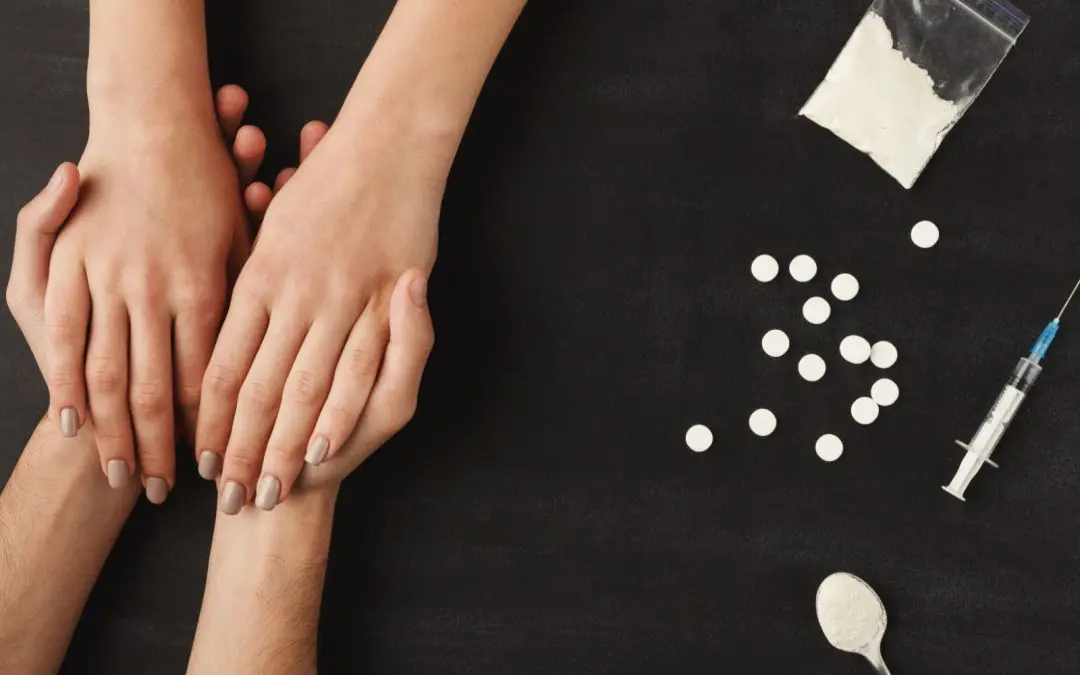24/7 Helpline:
(866) 899-221924/7 Helpline:
(866) 899-2219
Learn more about Medication-assisted Treatment centers in Hawaiian Gardens
Medication-assisted Treatment in Other Cities
Other Categories in Hawaiian Gardens

Other Insurance Options

Carleon

Premera

Regence

Horizon Healthcare Service

Aetna

Choice Care Network

Providence

BlueCross
Beacon

United Health Care

Access to Recovery (ATR) Voucher

Cigna

Absolute Total Care

Meritain

Humana

Multiplan

WellPoint

American Behavioral

MHNNet Behavioral Health

ComPsych

Hawaiian Gardens Medical & Mental Health
Hawaiian Gardens Medical & Mental Health is a private rehab located in Hawaiian Gardens, CA. Hawaiia...











